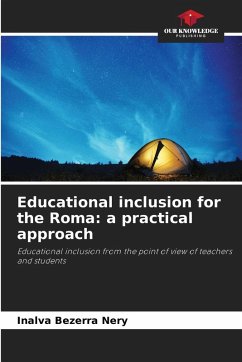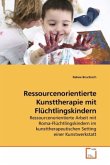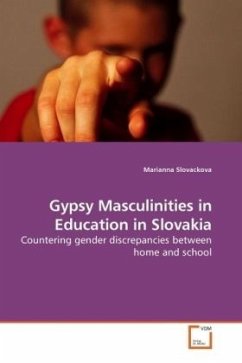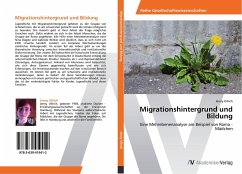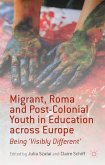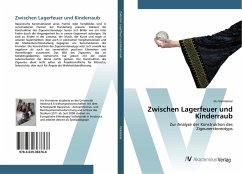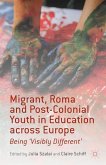The author invites the reader to reflect on inclusive education, signalling a challenge between the old and new educational models in Brazilian schools, while also pointing out the need for a change in educational practices required to break the paradigms of inclusion of ethnic and cultural diversity, playing a significant role in deconstructing social and racial stereotypes and prejudices. With this in mind, the process of social inclusion requires a more discerning look at the practice and training of education professionals in the construction of knowledge that reflects a change in a society's way of thinking and acting about cultural differences, imbued with a commitment to transforming actions that are suited to new educational models aimed at promoting respect and citizenship, particularly in the case of Gypsies. Education is the channel for consolidating the visibility and inclusion rights of cultural diversity as a result of a historical process in the formation of Brazilian society, thus preserving the universality of cultures as a continuous process, promoting respect and equal rights.
